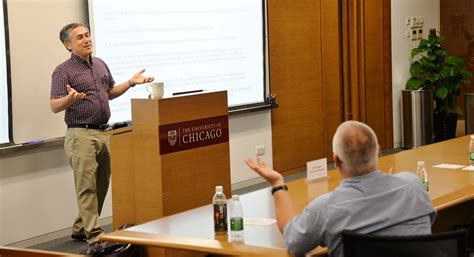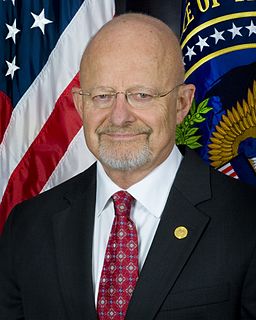A Quote by Moon Jae-in
Humanitarian assistance and exchanges are still allowed, even under the sanctions regime on North Korea. Therefore, in parallel with sanctions and pressure, we must also employ humanitarian assistance. The meeting of separated families is also a measure to ensure human rights.
Related Quotes
Although Kim Jong Un is a very unreasonable leader and has a firm, unreasonable belief that nuclear and missile weapons will protect him and his regime, we will continue to employ all possible means - sanctions, pressure, as well as dialogue - to draw North Korea to the negotiating table for denuclearization. To resolve the issue, we have to add dialogue to the current menu of sanctions and pressure.
The humanitarian wishes to be a prime mover in the lives of others. He cannot admit either the divine or the natural order, by which men have the power to help themselves. The humanitarian puts himself in the place of God.
But he is confronted by two awkward facts; first, that the competent do not need his assistance; and second, that the majority of people positively do not want to be "done good" by the humanitarian. Of course, what the humanitarian actually proposes is that he shall do what he thinks is good for everybody. It is at this point that the humanitarian sets up the guillotine.
Obviously, the US does not want a shooting war with North Korea. But there has to be some path out of this situation that is also presented that is peaceful. We have sanctions, we have deterrence, but the third leg of any resolution to this problem has to be dialogue. It seems prudent for the US to not only threaten North Korea, but to also offer a way forward.
At the U.N., I routinely encounter countries that do not want to impose sanctions or even to enforce those already on the books. The hard-line sanctions skeptics have their own self-interested reasons for opposing sanctions, but they ground their opposition in claims that America uses sanctions to inflict punishment for punishment's sake.
When I visited North Korea in November 2014, is that Kim Jong-un is not merely the head of state of the DPRK - the Democratic People's Republic of Korea, North Korea - he's also their deity. So, when you insult him as the head of state, you're also insulting the deity, which of course the regime plays to a fare-thee-well to the domestic audience there.
They think my father has a lack of concern for human rights, but regardless of details, the Americans should be humanitarian in dealing with his family, because we are human. Saddam has three young ladies and they have children, I have five, Rana has four, and Hala has two. Therefore, our father is very dear to us. His grandchildren love him a lot. Why aren't humanitarian factors taken into account?































